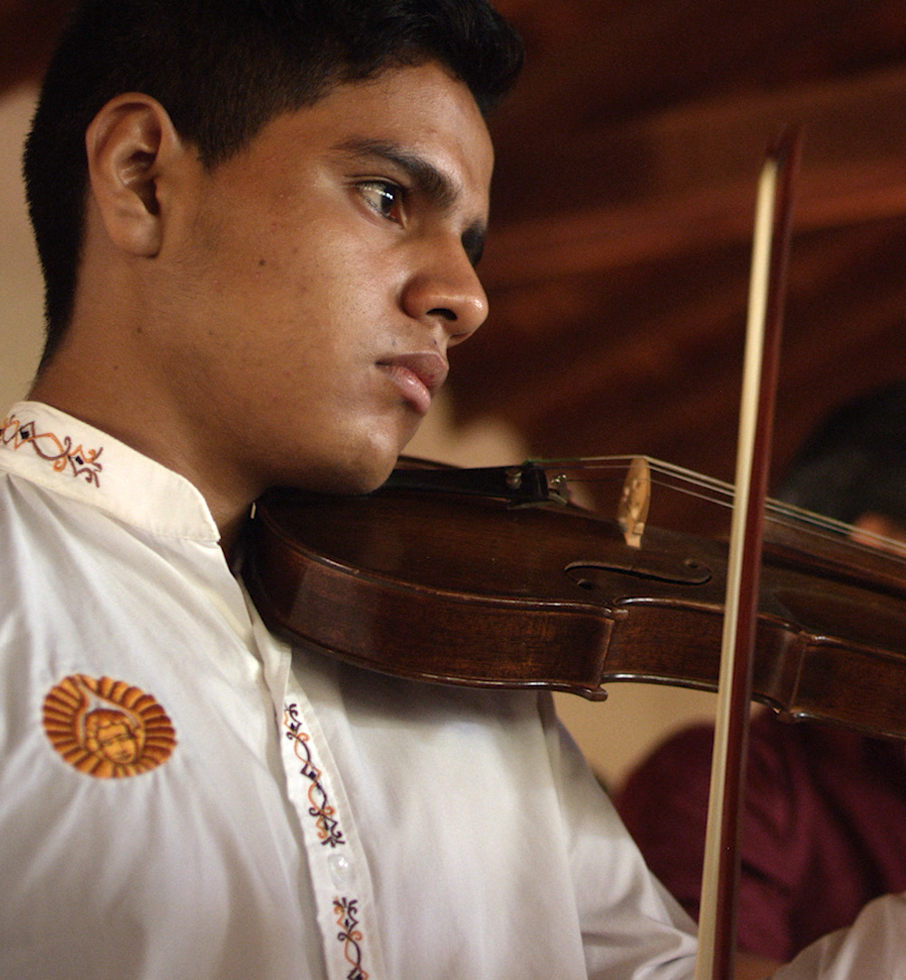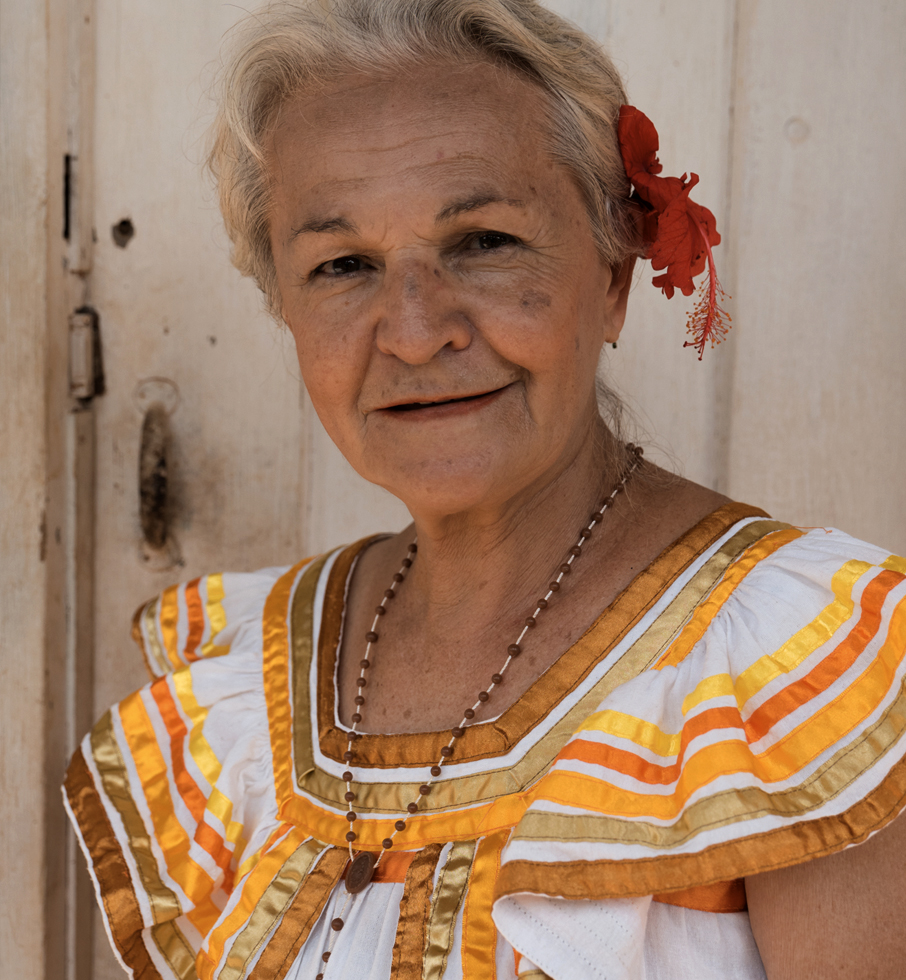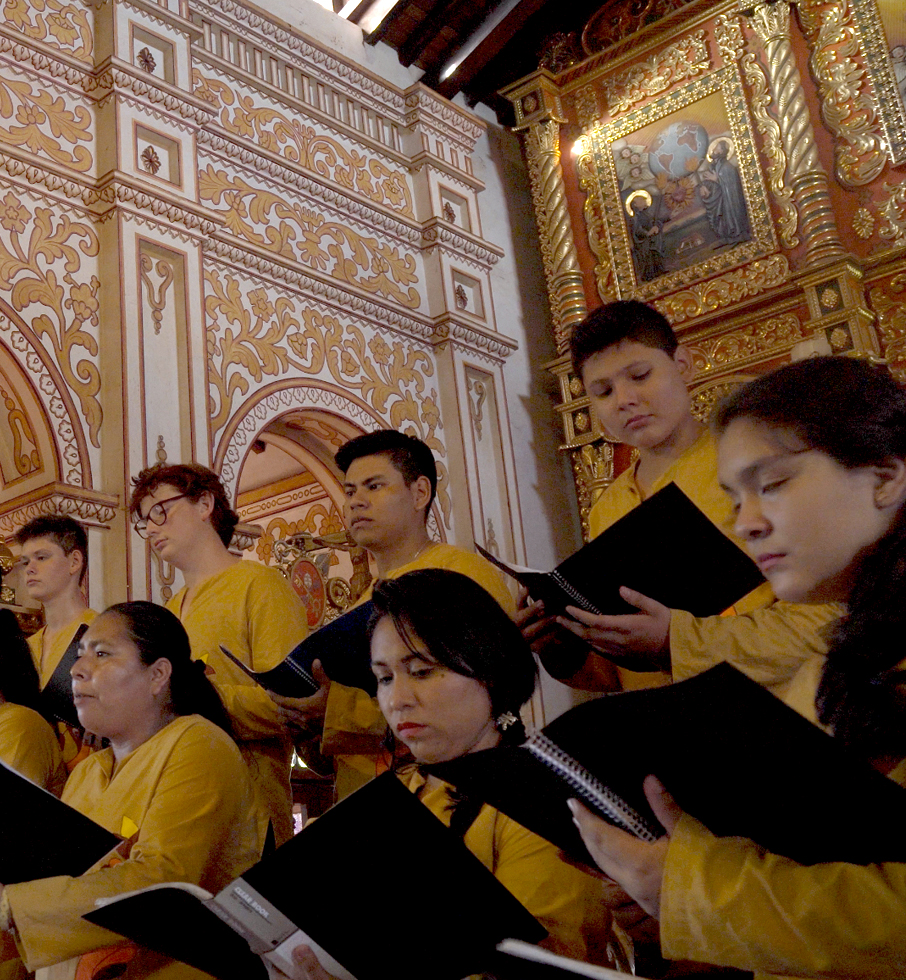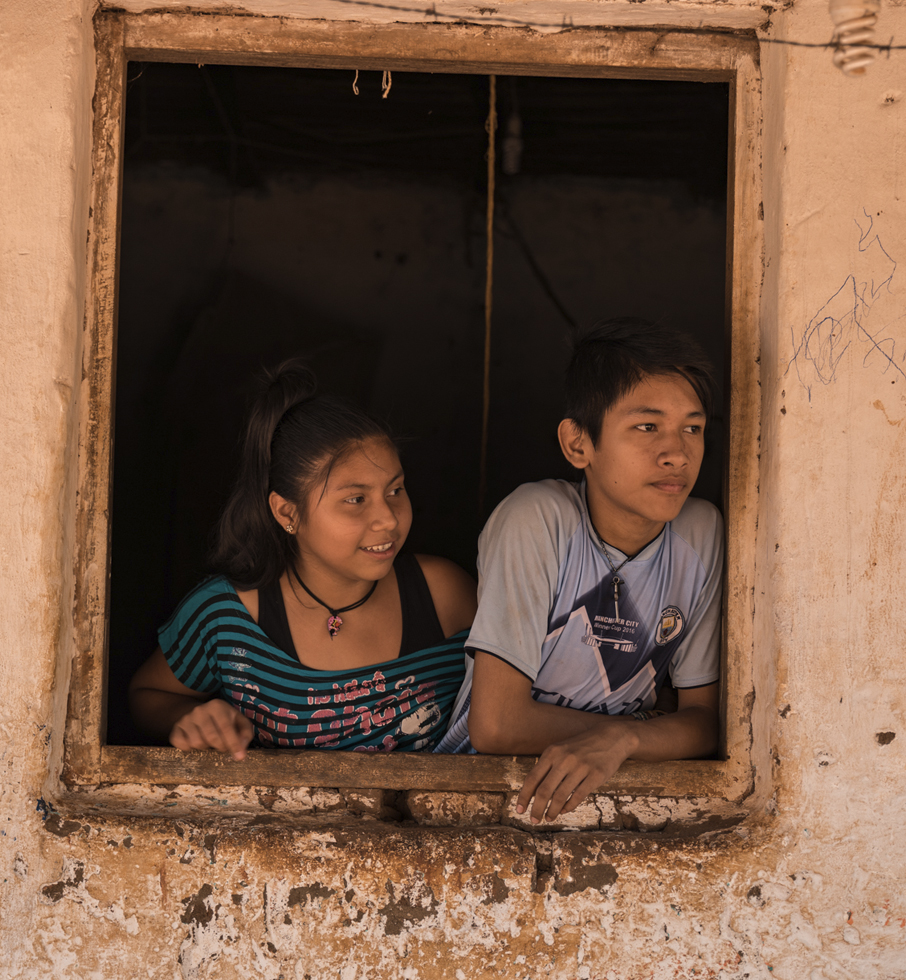

14,000 pages of hidden music
Anónimo: Forgotten by the world for three hundred years, the music of an unknown composer is discovered in the remote jungles of Bolivia.
Some of the music is found hidden in walls and dusty corners of delipidated missions by world-renowned architect Hans Roth in the 1970s. Still more is later found protected by Amazon tribes, meticulously copied for generations with no understanding of what they preserved. With each new find, this classical Baroque treasure becomes the greatest musical discovery of the 20th century.

Birth of an unknown treasure
It is the sunset of the Baroque period, nearly three hundred years ago. Jesuit priests go into the jungle to establish autonomous communities and missions for the indigenous people in what is now present-day Bolivia. Music is the catalyst which the priests use to connect with the people of the region, creating new pieces that engage with the community. In the thriving missions, local indigenous people assist in transcribing these pieces, as well as others brought from Europe.
But power changes hands, priorities shift, and Spanish King Carlos III orders the Jesuit priests out of the region. The missions remain behind in abandonment, time trickles by, and the forgotten music fades into silence.
A fresh spark arrives
In 1972, world-renowned Swiss architect Hans Roth, comes to Bolivia to restore the roof to one of these abandoned Jesuit Missions. While he works on the mission in San Rafael, Roth discovers a leather satchel. Inside of it, astonishingly preserved through the centuries, he finds 5,000 pages of original Baroque classical compositions, most unsigned. The discovery becomes known as Anónimo—unknown composer.
The mystery deepens
Thousands more pages are found—some hidden in the walls of missions, some in a harp, and others unbelievably preserved by Amazonian tribes. It appears the Moxos have continued copying this music for centuries, even though in some cases they did not understand what they were copying. Through this preservation tradition, the manuscripts of Anónimo have been kept alive in places where paper shouldn’t survive, a sacred ritual preserved for generations.
This music holds a holy and supernatural identity. Questions arise with each discovery: Who was Anónimo? Why was the music hidden? What was it that compelled the tribes to so carefully preserve these pages?
The discovery of Anónimo is the discovery of an unknown composer. The tale of this music is being resurrected, and with it the lives who have guarded this lost treasure for centuries.

Director’s Story & Vision
My journey with Anónimo began innocently in 2001, when I first travelled to Bolivia to join the work of the missions organization Latcom. On that first trip I worked alongside the indigenous Aroyé people to help install solar power for a church and a water purification system. The following year I was invited back to film interviews for Latcom and began to build lasting relationships with the people there.
I had never heard of Anónimo and I had no idea what I was about to stumble into during those return trips. But slowly, through my friend and mentor Nathan Ramsey, I was introduced to the Jesuit missions in Bolivia and began to uncover the incredible story of the anonymous music that had been found there.
The story of Anónimo immediately captured my heart and I felt compelled to share it with the world. Much of my life has been devoted to projects that bring healing and hope through the power of music. My desire is that this documentary will inspire and bring to light the complex story of the music written by an unknown composer, and that this film and this music will become a force of healing and connection in the lowland jungles of Bolivia and around the world.
My vision is that this documentary’s story continues where the story of the 1986 Academy Award winning Robert De Niro film, The Mission, ends. In the last scene of The Mission, a young girl leaves her village with the mission burning behind her. As she enters the river to escape by boat she notices a violin floating by. Pulling the violin from the water, she gets on the boat, and the movie ends. The idea conveyed is that the movie may be over, but the story is going to live on through the continuation of the musical traditions that the indigenous people had learned from the Jesuits. The discovery of Anónimo has given renewed life to this very story.
The indigenous tribes have said, “If this music disappears, we disappear.” The music is alive to them, a living representation of their identity. It is our human condition to try to discover identity and purpose. I follow this pattern in my own life as I look at the common themes of the identity-building projects I have poured myself into: Aashrum recording studio, 20 Front Street music venue, and now this journey into the story of Anónimo. All follow the same thread, bringing places and experiences to life, giving people opportunities to discover their own identity and see redemption in their own stories.
—Scott Loudon, Director
Get Involved
We invite you to help support this project. Your generous contribution will help pay for and support:
Building cultural relationships with the Bolivian Partners
Film, edit, colorize and finalize the film
Market and distribute the film
This is an exciting documentary that’s filled with such mystery and wonder. We are grateful for your help to tell the story of the explainable power of music and culture. Your gifts will allow Anónimo and this music to finally be seen and heard around the world, just as it deserves. Thank you for taking the time to partner with us in this journey.
NEED A TAX DEDUCTIBLE DONATION? We have partnered with Fractured Atlas, follow the link below to get started.
Beyond the Film
After centuries of struggle, this film could finally be the catalyst to bring attention to a group of people that do not have clean running water or basic amenities for daily survival. In making this film we aim to raise awareness for the needs in Bolivia and throughout South America. It is our desire to participate in developing:
Leadership training and music development programs that support the growth and care of South American musicians both young and old
Musical internships and mentor programs to South America through university partnerships
Installation of new playgrounds
Garden projects for nutrition and economic development
Water treatment and sanitation projects

For more information, please contact the Director:





